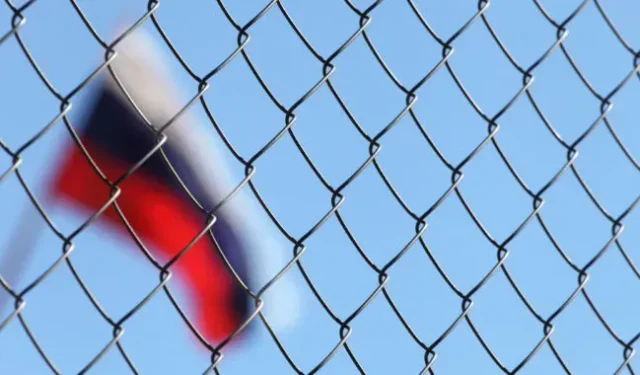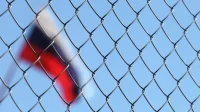Russian companies have found themselves in a technological crisis due to Western sanctions that have created serious problems with the supply of semiconductors, electrical equipment and equipment needed to power national data centers.
Most of the world’s largest chip makers, including Intel, Samsung, TSMC and Qualcomm, have completely stopped doing business with Russia after the US, UK and Europe imposed export controls on products using chips made or designed in the US or Europe.
This has led to a shortage of larger, cheaper chips that are used in automobiles, household appliances, and military equipment. Shipments of more advanced semiconductors used in advanced consumer electronics and IT equipment have also fallen sharply.
And the country’s ability to import foreign technology and equipment containing these chips, including smartphones, network equipment and data servers, has been severely limited.
“All the supply routes for servers, computers, iPhones—everything—disappeared,” said a Western Chip executive.
The unprecedented scope of Western sanctions over President Vladimir Putin’s war in Ukraine is forcing Russia into what the central bank says will be a painful “structural transformation”of its economy.
With the country unable to export much of its raw materials, import critical goods or access global financial markets, economists expect Russia’s gross domestic product to shrink by as much as 15 percent this year.
Export controls on “dual-use”technologies that can have both civilian and military uses, such as microchips, semiconductors and servers, are likely to have the most severe and long-term impact on the Russian economy. The country’s largest telecommunications groups will not be able to access 5G equipment, while cloud computing products from technology leader Yandex and Sberbank, Russia’s largest bank, will struggle to expand their data center services.
Russia lacks an advanced technology sector and consumes less than 1 percent of the world’s semiconductors. This means that technology-related sanctions had far less of an immediate impact on the country than similar export controls on China, the global tech manufacturing giant, when they were introduced in 2019.
While there are several domestic chip manufacturers in Russia, namely OAO Mikron, MCST and Baikal Electronics, Russian groups have previously relied on importing significant volumes of finished semiconductors from foreign manufacturers such as SMIC in China, Intel in the US and Infineon in Germany. MCST and Baikal relied heavily on foundries in Taiwan and Europe to manufacture the chips they developed.


